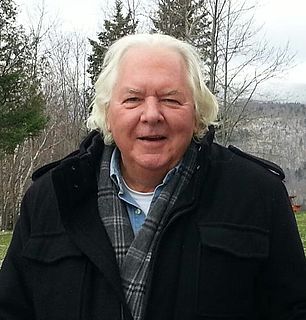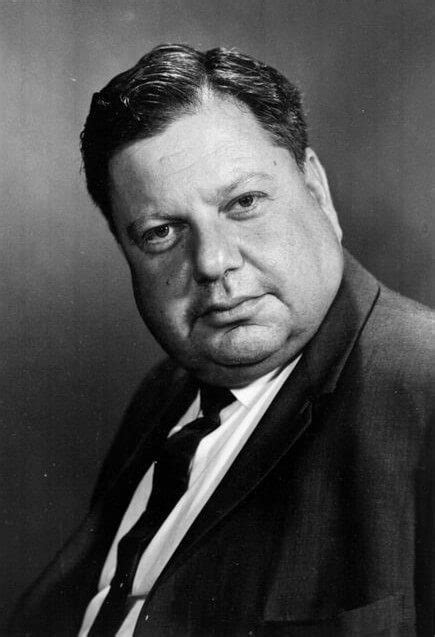A Quote by Hannah Arendt
Legitimacy, when challenged, bases itself on an appeal to the past, while justification relates to an end that lies in the future. Violence can be justifiable, but it never will be legitimate.
Quote Topics
Related Quotes
Let each of us examine his thoughts; he will find them wholly concerned with the past or the future. We almost never think of the present, and if we do think of it, it is only to see what light is throws on our plans for the future. The present is never our end. The past and the present are our means, the future alone our end. Thus we never actually live, but hope to live, and since we are always planning how to be happy, it is inevitable that we should never be so.
In our past lies our future. By our own hands and decisions we will be damned and we will be saved. Whatever you do, put forth your best effort even if all you're doing is chasing a never ending rainbow. You might never reach the end of it, but along the way you'll meet people who will mean the world to you and make me...mories that will keep you warm on even the coldest nights
I will not tire of declaring that if we really want an effective end to violence we must remove the violence that lies at the root of all violence: structural violence, social injustice, exclusion of citizens from the management of the country, repression. All this is what constitutes the primal cause, from which the rest flows naturally.
We don't always know the details of our future. We do not know what lies ahead. We live in a time of uncertainty. We are surrounded by challenges on all sides. Occasionally discouragement may sneak in to our day; frustration may invite itself into our thinking; doubt might enter about the value of our work. In these dark moments Satan whispers in our ears that we will never be able to succeed, that the price isn't work the effort, and that our small part will never make a difference. He, the father of all lies, will try to prevent us from seeing the end from the beginning.
The end of violence or the aftermath of violence is bitterness. The aftermath of nonviolence is reconciliation and the creation of a beloved community. A boycott is never an end within itself. It is merely a means to awaken a sense of shame within the oppressor but the end is reconciliation, the end is redemption.
How those fires burned that are no longer, how the weather worsened, how the shadow of the seagull vanished without a trace. Was it the end of a season, the end of a life? Was it so long ago it seems it might never have been? What is it in us that lives in the past and longs for the future, or lives in the future and longs for the past? (from "No Words Can Describe It")
Lies 1: There is only the present and nothing to remember. Lies 2: Time is a straight line. Lies 3: The difference between the past and the futures is that one has happened while the other has not. Lies 4: We can only be in one place at a time. Lies 5: Any proposition that contains the word 'finite' (the world, the universe, experience, ourselves...) Lies 6: Reality as something which can be agreed upon. Lies 7: Reality is truth.







































